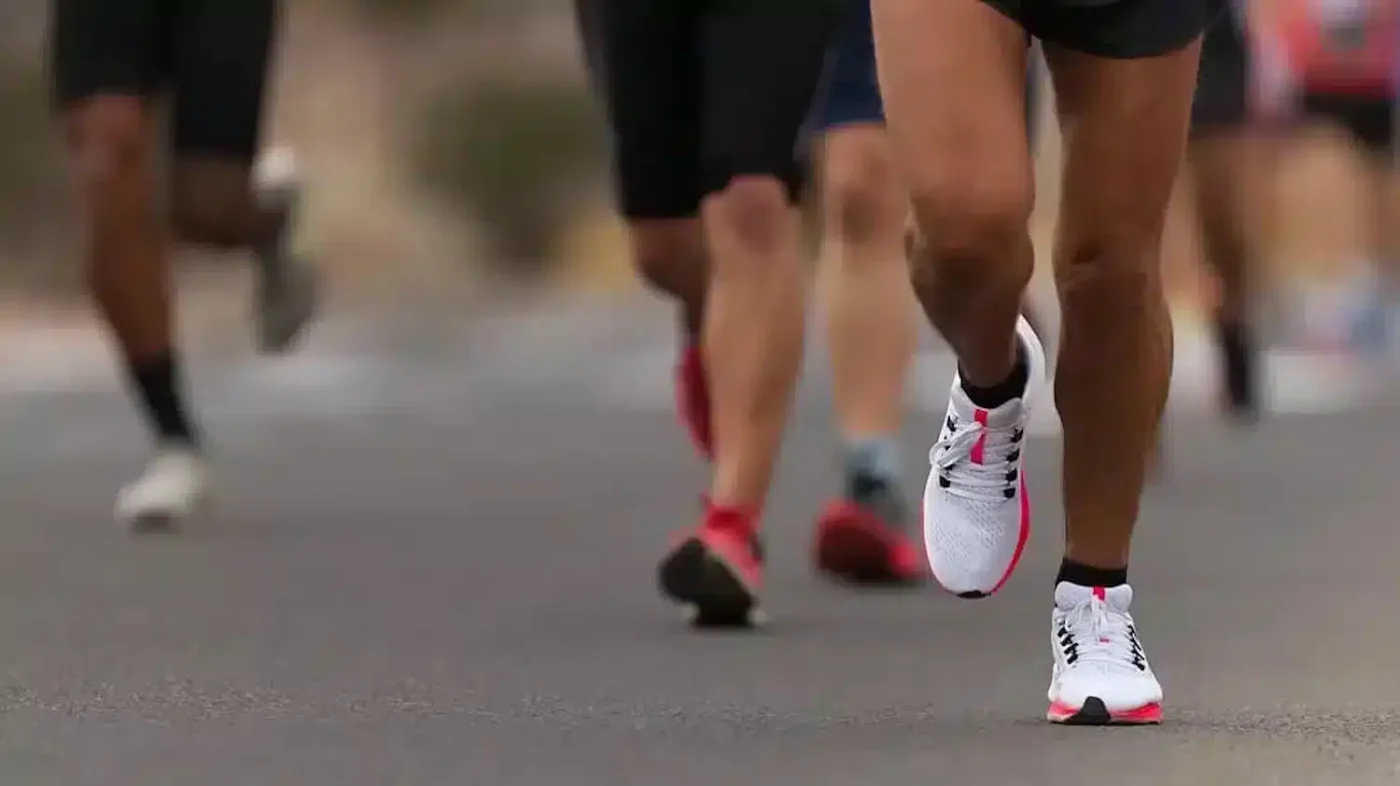
Olive oil supplementation increases testosterone levels while reducing stress hormones in male athletes. This is confirmed by a study published by researchers in Algeria, which has shown that extra virgin olive oil supplementation can improve the hormonal status of male athletes.
The research was conducted on healthy male athletes aged 19 and 22 and found that extra virgin olive oil consumption was associated with a statistically significant increase in testosterone in the supplemented groups compared to athletes in the non-supplemented groups and sedentary controls.
Numerous studies have explored the influence of exercise on hormonal balance, with exercise being recognized as an important regulator of hormone secretion. Physical stress, which depends on factors such as the nature and intensity of exercise and individual health, can affect the hypothalamic-pituitary-gonadal axis.
Some research has found that exercise has minimal effects on semen quality, while others have reported reductions in sperm count and motility. The impact on serum testosterone levels can vary depending on the intensity and duration of exercise. Athletes often use dietary supplements such as omega-3 fatty acids, polyphenols, antioxidants, and vitamins to optimize performance.
The Mediterranean diet, rich in olive oil, is popular among athletes due to its potential health benefits. Virgin and extra virgin olive oils are distinguished by their monounsaturated fatty acids and phytochemicals such as polyphenols, squalene, and alpha-tocopherol.
The study, published in the African Journal of Food, Agriculture, Nutrition and Development, focused on the impact of virgin olive oil from Blanquette olives, which make up a significant portion of the harvest in eastern Algeria. In fact, this variety is rich in unsaturated fatty acids, including oleic and linoleic acids, and meets the quality standards of the International Olive Council.
The oil is also rich in phenolic compounds and carotenoids, making it a potent source of antioxidants. Furthermore, it exhibits high inhibition rates of the DPPH radical and hydrogen peroxide, indicating its potent antioxidant properties.
The study group consisted of 30 healthy male athletes aged 19 and 22, all free of cardiovascular risk factors. They were divided into three groups, with different regimens for ten weeks.
Group 1 received 20 milliliters of virgin olive oil daily without specific training. Group 2 performed training routines five days a week and received the same olive oil supplementation. Group 3 followed the same training routine but did not supplement with olive oil.
The olive oil supplement was well tolerated, and participants reported no adverse effects. The training for both groups of runners involved a 10-week program with aerobic and interval exercises.
The intensity and duration of training increased gradually throughout the program. The untrained runners in Group 3 exercised less than two hours per week, reflecting general exercise recommendations. Running duration varied between groups, with an average of 2 hours and 11 minutes to complete the half marathon.
Blood samples were collected at various points during the study, with fasting samples taken before and after the 10-week training program and two days before and 24 hours after the half marathon race. Samples were analyzed for testosterone, luteinizing hormone, follicle-stimulating hormone, cortisol, and insulin.
Testosterone and luteinizing hormone levels were notably lower in Group 3, the unsupplemented runners, while cortisol increased significantly in this group after the 10-week training period.
Furthermore, luteinizing hormone concentrations decreased in the unsupplemented runners compared to Group 2 and sedentary controls. Other hormones, including follicle-stimulating hormone and insulin, showed no significant differences between the three groups.
The effects of exercise on male reproductive function are multifaceted and areInfluenced by exercise intensity and duration and individual fitness levels.
The results indicated that runners who did not receive supplements (Group 3) experienced reduced levels of testosterone and luteinizing hormone. These hormones are known to decrease during intense exercise, and this can affect male reproductive function.
The group supplemented with virgin olive oil (Group 2) showed the highest levels of testosterone and luteinizing hormone, signifying the potential benefits of olive oil supplementation in improving these hormones. The impact could be attributed to the oil’s rich composition of tocopherols and other antioxidants.
Olive oil may stimulate testosterone production through various mechanisms, such as affecting cholesterol metabolism, steroidogenic proteins, or the pituitary-testicular axis. In particular, vitamin E, abundant in olive oil, also plays a role in testosterone production and testicular function.
Furthermore, some plant fatty acids and polyphenols have been shown to prevent the conversion of testosterone to dihydrotestosterone, adding to the complexity of how olive oil influences hormonal balance.
Cortisol, a primary stress hormone, increases with exercise intensity and duration. In the study, runners who did not receive supplements showed significantly higher cortisol levels after the 10-week training period, but all values remained within the reference range.
Cortisol and testosterone represent the balance between catabolic and anabolic processes. Supplementation with virgin olive oil was associated with reduced cortisol levels, indicating a potential stress-reducing effect. Improving this balance may also be beneficial for maintaining or restoring fertility.
These findings suggest that olive oil may play an important role in improving the health and performance of athletes and highlight the potential nutritional and therapeutic benefits of incorporating olive oil, a staple of the Mediterranean diet, into the diets of physically active individuals.
The richness of antioxidants and monounsaturated fatty acids in extra virgin olive oil may contribute to improving hormonal status in physically active individuals.
Important Note: aceitedelcampo.com promotes the consumption of extra virgin olive oil for its culinary qualities and health benefits. However, no medication or current treatment should be replaced without the guidance of a healthcare professional.
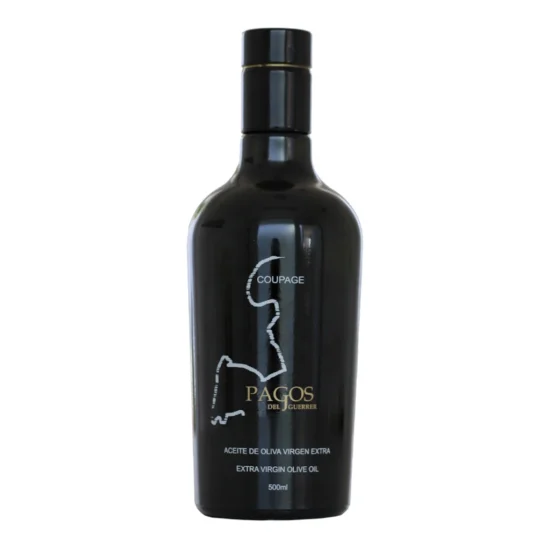
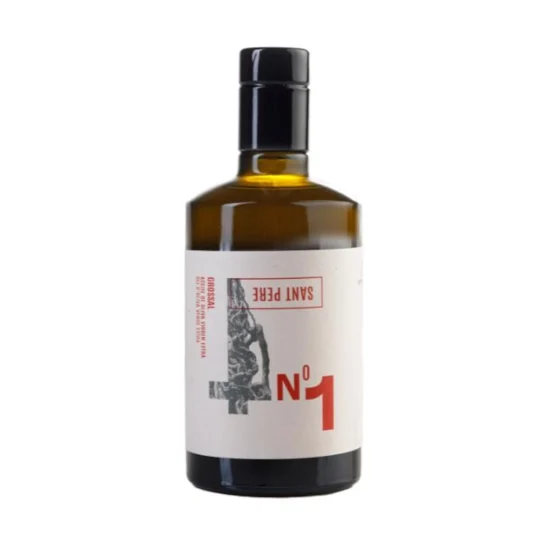
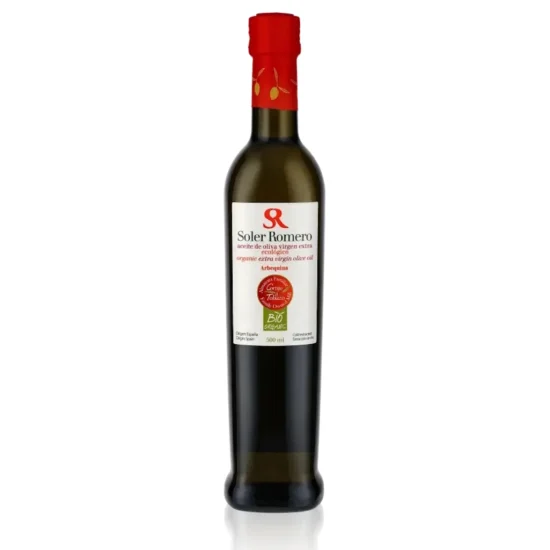
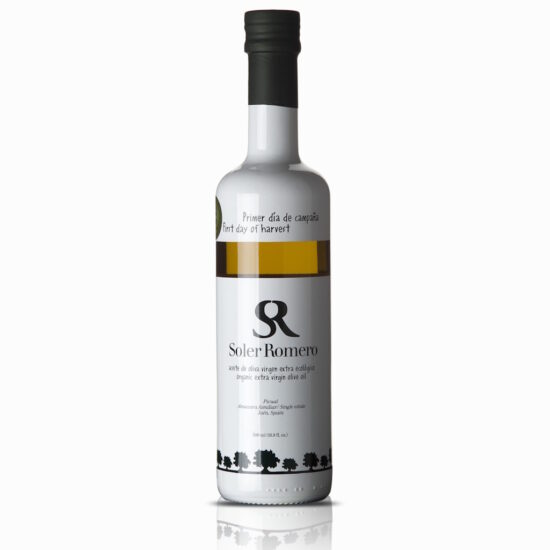
ALZAYT EXPORT SL
info@aceitedelcampo.com
C/ Eduardo Bosca 19, 2-5
46023 Valencia
Subscribe and receive a coupon by email for your next purchase.